
Gilbert’s syndrome (GS) is the most common hereditary causes the increased bilirubin and it occurs in about five percent of the population.
Once of the main symptoms is a harmless form of jaundice which usually does not require treatment and is usually caused by the high levels of unconjugated bilirubin in the blood.
When the person overexerts their body in some way such as stress, fasting or when having an infection the jaundice will probably occur however, it is usually asymptomatic.
The enzymes that are defecting in the GS are in some cases responsible for the liver’s ability to detoxify drugs. GS is usually associated, therefore, with diarrhea, and people who are taking irinotecan for neutropenia can see these symptoms usually.
People with GS also run a higher risk of paracetamol toxicity.
Studies have found that people with GS often have a reduced risk of artery problems, but a higher risk of coronary heart disease and cardiovascular disease.
To understand the condition, it is important to understand what bilirubin is. It is a product that is created from a breakdown of hemoglobin, which is the chemical that carries oxygen to the tissue through the red blood cells. Bilirubin is a waste product that results from the breakdown of hemoglobin and is taken in by the liver cells, after which the liver passes it out as bile.
Jaundice is actually the only real symptom of GS however, people with GS have reported feeling tired, weak, and some mild abdominal pains and nausea. These symptoms could come from the anxiety related to having the condition and do not need to depend on the level of bilirubin in the blood at any certain time.
The good thing about GS is that the jaundice, which is the only real symptom, is not really harmful, therefore, no real treatment is needed for GA. People with the condition are usually very capable of leading normal lives even with the jaundice that will reoccur for short periods of time now and then. They just need to learn how to live with this jaundice, which does not have any real negative effects, other than making the skin slightly off-colored and yellow at times.
GS is simply a very minor abnormality in how the liver processes the bilirubin, so it is not really a disease per se it is rather a hereditary condition that will usually not cause any significant health problems of any kind.


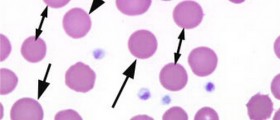




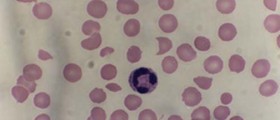






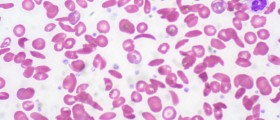
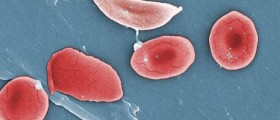
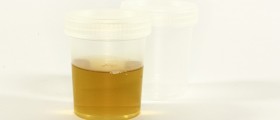
Your thoughts on this
Loading...